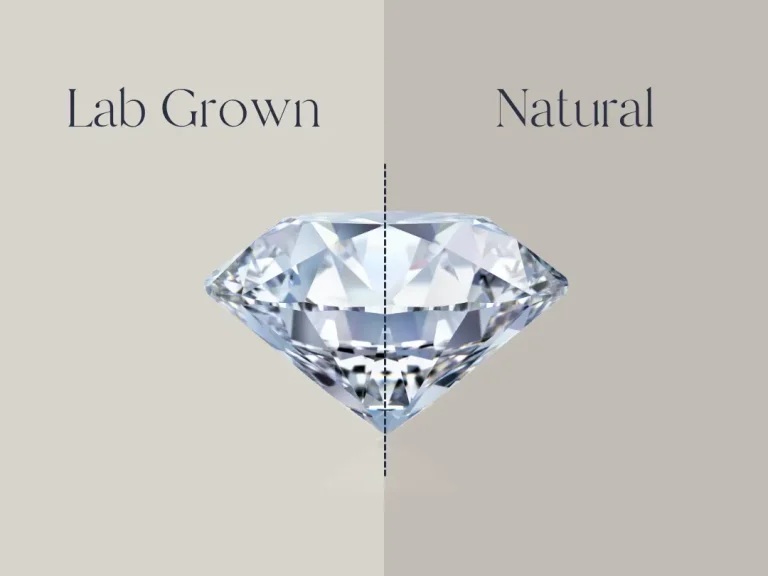There isn’t a single industry that hasn’t been impacted by technological advancement. When it comes to leveraging technology innovation, the eCommerce business is no exception. eCommerce was born as a result of technological advancements, and it is the driving force behind the e-commerce trend’s upward trajectory.
New technology has empowered consumers. They have unlimited access to information and demand products and services when they want. Social media has given consumers a bigger voice and new channels to communicate with brands and share their opinions with peers.
Technological advancements have opened up new frontiers in business for D2C brands. While there is not a single industry that has not been transformed by new-age technologies in the last two decades, e-commerce has been one of the biggest beneficiaries. The rapid adoption of advancements in technologies has enabled e-commerce players to deliver value to consumers at a scale that was unimaginable until a few years back. Since the pandemic, the push for the adoption of new technologies has further intensified, resulting in a win-win situation for both consumers and D2C brands.

Shivani Agarwal, CMO and Co-Founder at Uptownie, shared her opinions about the growth of D2C brands in India with eastindiaretail.com. “I think one of the main ways it’s empowering is the use of AI in customer service. As this becomes more sophisticated the customer gets a better experience and the amount, we have to spend on customer service agents and their supervision also reduces. Another area in which technology helps is in tracking marketing spend – with the use of the current tools it’s much more possible to get an idea of whether a marketing activity is leading to much sales or not.”
D2C brands in India are employing artificial intelligence (AI) technologies like chatbots and virtual assistants to deliver round-the-clock support. AI-powered customer support systems provide instant responses, address common queries, and offer personalized assistance.
Consumer expectations are evolving, and businesses are expected to deliver unified shopping experiences across multiple channels. Thankfully, there are few groundbreaking technologies shaping the omnichannel strategy for the retail and ecommerce sector.
IoT-connected devices are enabling and empowering omnichannel marketing in a big way. Augmented reality and chatbots are the other set of technological advancements delivering highly engaged experiences. eCommerce stores that integrate AI/VR technology are more likely to stand out and get recognized because they provide a unique experience that online shoppers can’t get anywhere else, resulting in loyalty and improved customer lifetime value.
It’s no secret that growth is essential for every business, and without it, operations would become stagnant. So, regardless of the company’s size, technology is critical for scaling operations, assuring a better customer experience, and increasing brand loyalty. From social media channels for targeted marketing to CRM systems for exceptional customer experience, technology can help brands achieve the next phase of growth. The right mix of technology and business disciplines opens up a world of possibilities for the brand, allowing it to flourish exponentially.
As the D2C market is becoming highly competitive, data-driven decision-making is imperative to success. The use of predictive and prescriptive analytics backed by AI/ ML, allows the brand to predict and understand customers’ purchase behavior, trends, future activity. This improves supply chain management and provides the customer with exactly what he expects to find on the site.
The digital revolution in D2C e-commerce is making buying simpler and more convenient. With more independence for brands and manufacturers, technology is empowering D2C by simplifying purchase experiences, bridging social gaps, and enhancing cost-effectiveness. D2C businesses are set to rise gracefully and the technology revolution is a major catalyst.















